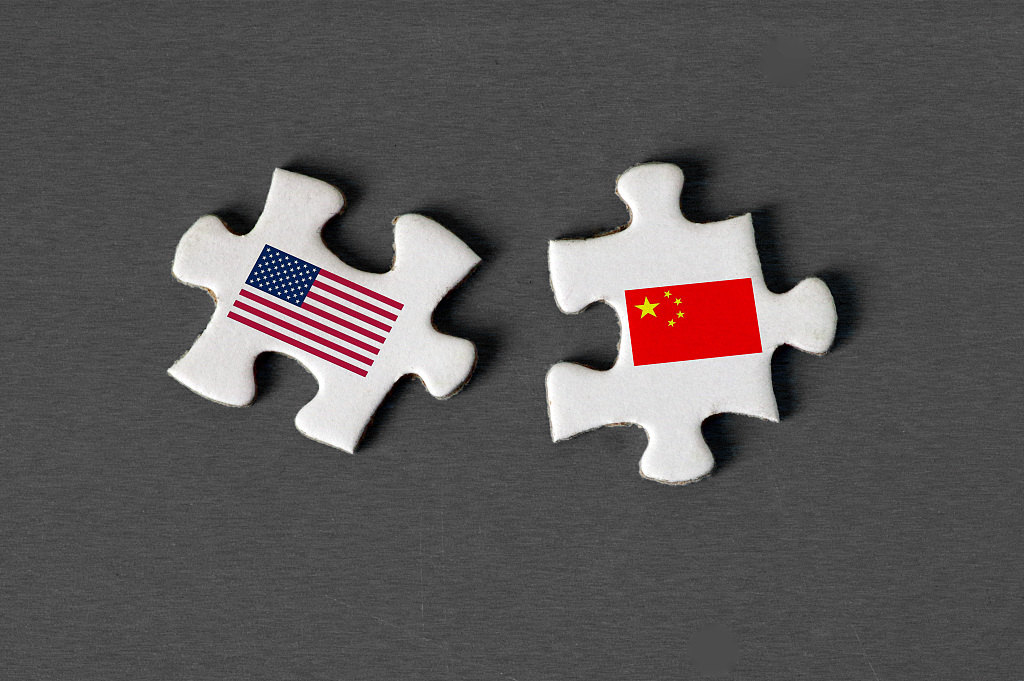These are difficult times for China-US relations. And chances are things will continue to deteriorate, even plunge the world's two largest economies into a rivalry that is mutually diminishing, if no serious attempts are made to stem the free fall.

(File photo: CFP)
Washington's blame game targeting Beijing has gone way beyond the initial trade spat, especially after US Secretary of State Mike Pompeo delivered his aggressive anti-China speech at the Henry Nixon Presidential Library and Museum, and President Donald Trump began openly calling the novel coronavirus the "Chinese virus". The latest developments this week surrounding the troubled relationship are worrying signs that the situation may keep worsening in the run-up to Nov 3, and possibly beyond.
On Wednesday, the US administration appointed an assistant secretary of state as special coordinator for Tibetan issues. While on the face of it this is not extraordinary, because in a sense they're just filling a State Department position that has been left vacant since the beginning of the present administration. But put into the context of Washington's provocative moves over the Xinjiang Uygur autonomous region, the appointment hints at a turn in the US' China policies that bodes ill.
Pompeo's claim that the "coordinator" will "promote dialogue" between Beijing and the Dalai Lama, "protect the unique religious, cultural, and linguistic identity of Tibetans", and "press for their human rights to be respected" is disingenuous at best, as Washington clearly intends to use the Tibet issue to increase the pressure on Beijing.
To check what it views as a rival which may challenge the country's preeminence, the US administration climbs from one step of ambition to another in its attempts to injure it.
More egregious to Beijing has been Washington's constant envelope-pushing regarding Taiwan. Following its recent moves of sending incumbent ranking officials to the island, Washington is clearly doubling down on driving a wedge between the two sides of the Taiwan Straits.
Along with reports about multiple arms sales proposals in the pipeline, which are meant to substantially boost Taiwan's military capabilities should there be any armed conflict with the Chinese mainland, the increasing US military presence in the air and waters over and off the island is clearly escalating not only cross-Straits tensions, but those between Washington and Beijing as well.
Although the US Navy described Wednesday's passage of the destroyer USS Barry through the Taiwan Straits as a "routine transit", the message is clearly provocative to Beijing, and instigative to those on the other side of the Straits who seek the island's separation from the motherland.
Such new developments are dangerous in that they are in clear disregard of the three joint communiqués that both Beijing and Washington have long considered the foundation of their relations.
The increasing disregard of Beijing's core interests and concerns by politicians in Washington has devastating potential should it break Beijing's bottom line. They should not be deceived by a false show of advantage, and so desire what would be ruinous.


